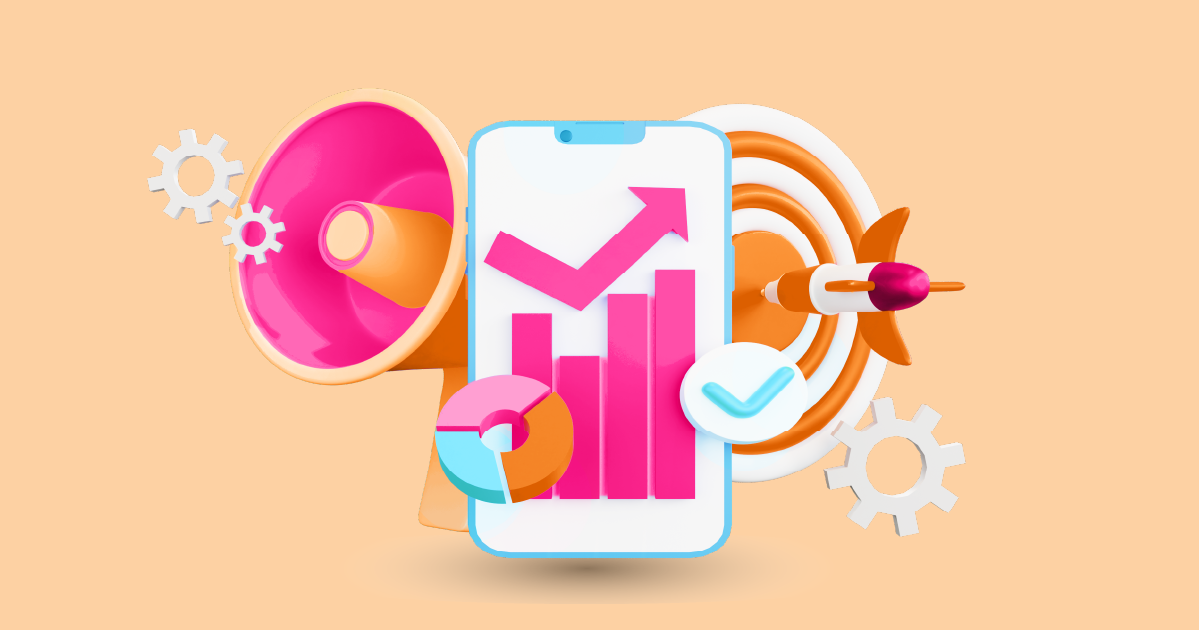How Does Social Listening Work?

Definition of Social Listening
Social listening involves tracking mentions of specific words or phrases across social media platforms, forums, blogs, and other digital spaces. But it’s more than just eavesdropping; it’s about interpreting those conversations to understand the sentiment and impact behind them.
Importance in Modern Marketing
In today’s fast-paced digital world, staying ahead of the curve is crucial for any business. Social listening allows brands to gain real-time insights into customer opinions, preferences, and behaviors, making it an essential part of modern marketing strategies.
The Mechanics of Social Listening
Understanding how social listening works involves delving into the tools and techniques used to gather and analyze data.
1. How Social Listening Tools Collect Data
Social listening tools scan the vast digital landscape, collecting data from social media posts, comments, hashtags, and more. These tools use algorithms to track and analyze conversations, identifying patterns and trends that are relevant to the brand.
2. Platforms Used for Social Listening
Social listening isn’t limited to just Facebook and Twitter. It extends to various platforms, including Instagram, LinkedIn, Reddit, and even niche forums and blogs. The more comprehensive the coverage, the better the insights.
Key Components of Social Listening
To truly harness the power of social listening, it’s important to differentiate between monitoring and listening.
1. Monitoring vs. Listening
While monitoring involves tracking mentions and collecting data, listening takes it a step further by analyzing and interpreting that data. It’s about understanding the “why” behind the mentions.
2. Data Analysis and Interpretation
Once the data is collected, it’s analyzed to identify sentiment, trends, and actionable insights. This analysis helps brands make informed decisions, from product development to customer service improvements.
Benefits of Social Listening
The advantages of social listening go beyond just knowing what’s being said online. It can transform how a brand interacts with its audience.
1. Improving Customer Engagement
By understanding customer sentiment, brands can tailor their interactions to meet customer expectations, enhancing engagement and loyalty.
2. Crisis Management
Social listening enables brands to detect potential PR crises before they escalate. By quickly identifying negative sentiment, brands can address issues proactively.
3. Identifying Trends and Opportunities
Spotting emerging trends early gives brands a competitive edge. Social listening helps identify new opportunities, whether it’s a product feature or a marketing campaign angle.
Implementing Social Listening in Your Strategy
To make the most of social listening, it’s crucial to have a strategic approach.
1. Setting Clear Objectives
Before diving into social listening, define what you want to achieve. Whether it’s improving customer satisfaction or launching a new product, clear goals guide the process.
2. Choosing the Right Tools
With countless social listening tools available, choosing the right one is vital. Consider factors like platform coverage, ease of use, and data analytics capabilities.
Challenges
While social listening offers many benefits, it also comes with challenges that brands need to navigate.
1. Data Overload
The sheer volume of data can be overwhelming. Effective social listening requires filtering and prioritizing information to avoid analysis paralysis.
2. Privacy Concerns
Balancing customer privacy with data collection is crucial. Brands must ensure they comply with regulations and respect user privacy.
Case Studies
Learning from those who’ve mastered social listening can provide valuable insights.
1. Brand Success Stories
Brands like Starbucks and Nike have successfully used social listening to enhance their customer experiences and drive innovation.
2. Lessons Learned
These case studies highlight the importance of acting on insights and the need for a responsive and adaptive strategy.
Future Trends
As technology evolves, so does the potential for social listening to transform businesses.
1. Emerging Trends
The rise of voice search and video content presents new opportunities and challenges for social listening.
2. Integration with AI and Machine Learning
AI and machine learning are set to revolutionize social listening, enabling more precise sentiment analysis and trend prediction.
Conclusion
Social listening is not just a trend; it’s a necessity for any brand looking to thrive in today’s digital landscape. How Does Social Listening Work? By understanding and engaging with customers on a deeper level, brands can build stronger relationships and stay ahead of the competition. To see how social listening can transform your business, consider requesting a demo from AIM Technologies. Discover how their advanced tools can provide the insights you need to make data-driven decisions and enhance your marketing strategy. Request a demo today and start your journey toward smarter customer engagement!
FAQs
What is the difference between social monitoring and social listening?
- Social monitoring involves tracking mentions, while social listening analyzes and interprets those mentions to gain insights.
How can social listening improve customer service?
- By identifying customer pain points and feedback, brands can address issues and improve their customer service strategies.
What are some popular social listening tools?
- Popular tools include AIM Insights, Hootsuite, Sprout Social, and Mention.
Is social listening suitable for small businesses?
- Absolutely! Social listening provides valuable insights for businesses of all sizes, helping them understand their audience better.
How does social listening help in crisis management?
- Social listening allows brands to detect negative sentiment early and respond quickly, preventing potential PR crises.




